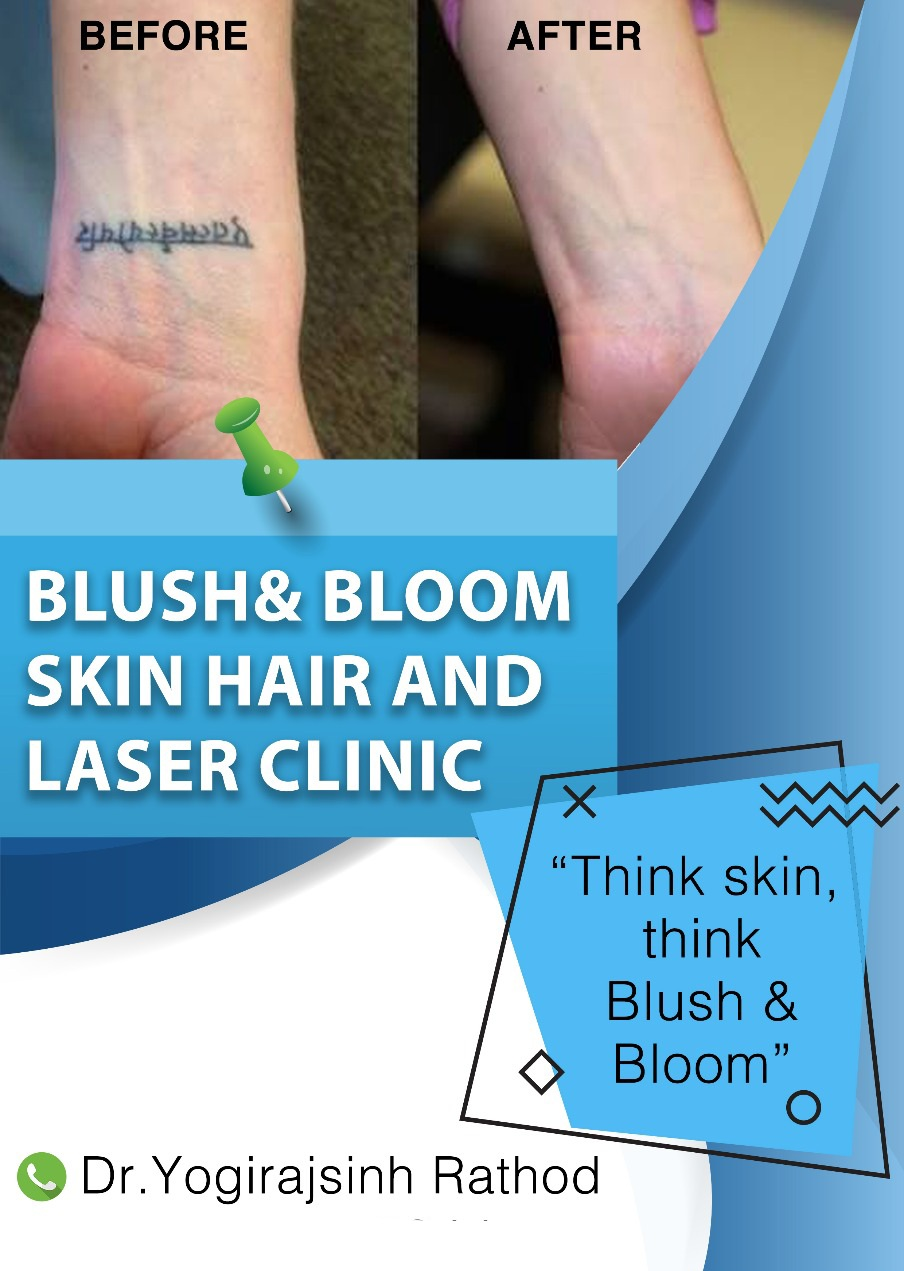
2023-03-15T07:15:03
Laser tattoo removal has become a popular solution for people who regret getting a tattoo. The procedure involves using laser technology to break down the ink particles in the skin so that the body can absorb and eliminate them. This method is effective in removing tattoos without causing significant damage to the skin. Here are some things you should know about laser tattoo removal. How Does Laser Tattoo Removal Work? Laser tattoo removal works by using a high-intensity laser beam that penetrates the skin and targets the ink particles. The energy from the laser beam heats up the ink particles, causing them to break down into smaller fragments. The body's immune system then recognizes these fragments as foreign substances and eliminates them naturally. The number of sessions required for complete tattoo removal depends on several factors, such as the size and complexity of the tattoo, the type of ink used, the age of the tattoo, and the color of the ink. Generally, black ink is easier to remove than colored ink. What to Expect During the Procedure? Before the procedure, the doctor will clean the area and apply a numbing cream to minimize any discomfort during the treatment. The laser is then directed at the tattoo, and the pulses of light are applied to the skin. The procedure is usually painless, but some patients may experience mild discomfort, which can be relieved with ice or a cooling device. After the procedure, the treated area may be red and swollen, but this usually subsides within a few days. Patients may also experience some scabbing, which is a normal part of the healing process. It's important to avoid scratching or picking at the scabs to prevent scarring. Is Laser Tattoo Removal Safe? Laser tattoo removal is generally safe when performed by a qualified and experienced professional. However, there are some risks associated with the procedure, such as scarring, infection, and changes in skin pigmentation. These risks can be minimized by following the doctor's instructions for aftercare and by choosing a reputable and experienced provider. It's also worth noting that laser tattoo removal is not suitable for everyone. People with certain medical conditions, such as diabetes or a compromised immune system, may not be good candidates for the procedure. Conclusion Laser tattoo removal is an effective and safe solution for people who want to remove a tattoo. It's important to choose a qualified and experienced provider and to follow the doctor's instructions for aftercare to minimize the risks associated with the procedure. While laser tattoo removal may not completely remove all tattoos, it can significantly fade the appearance of the tattoo, making it less visible or easier to cover up with another tattoo

